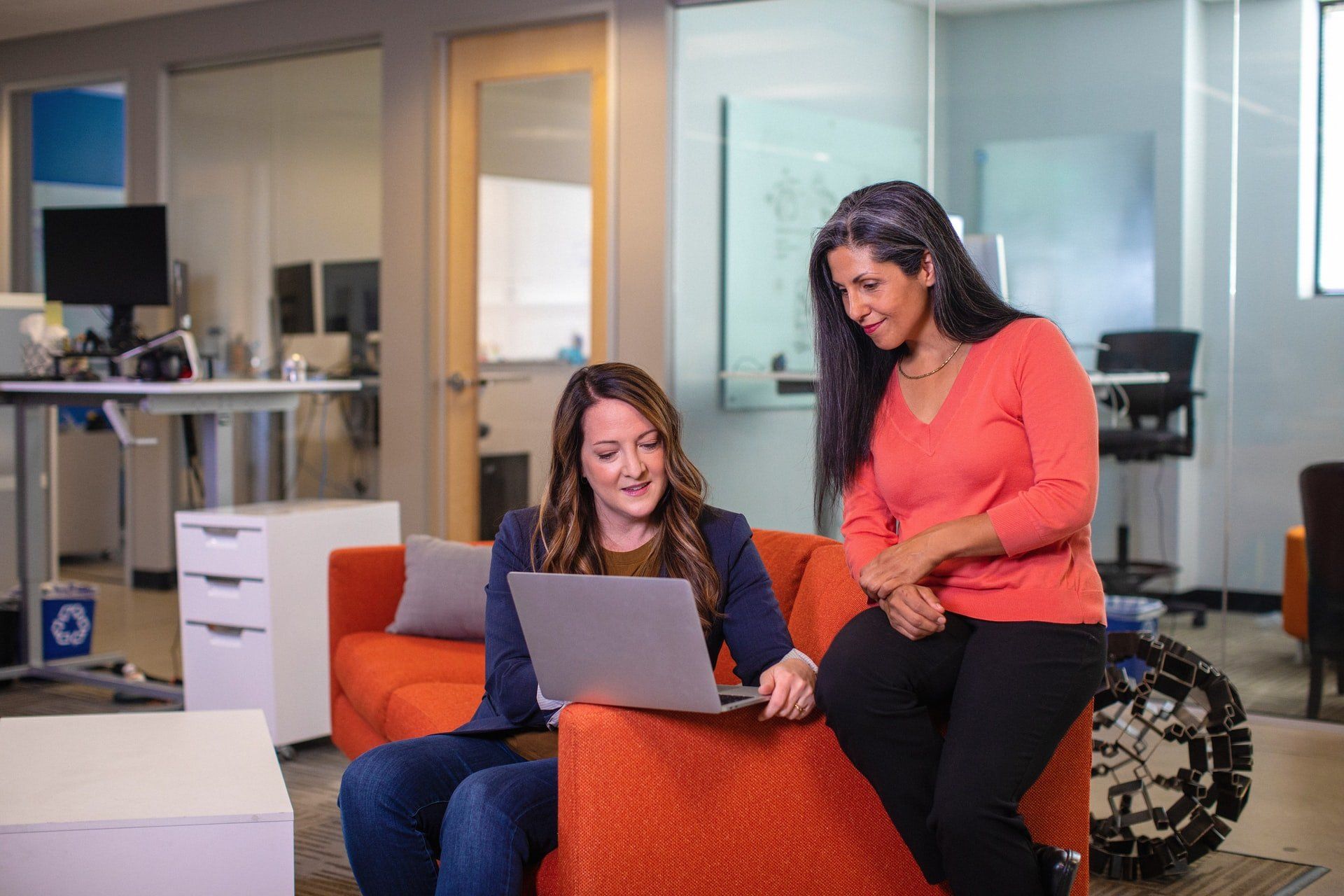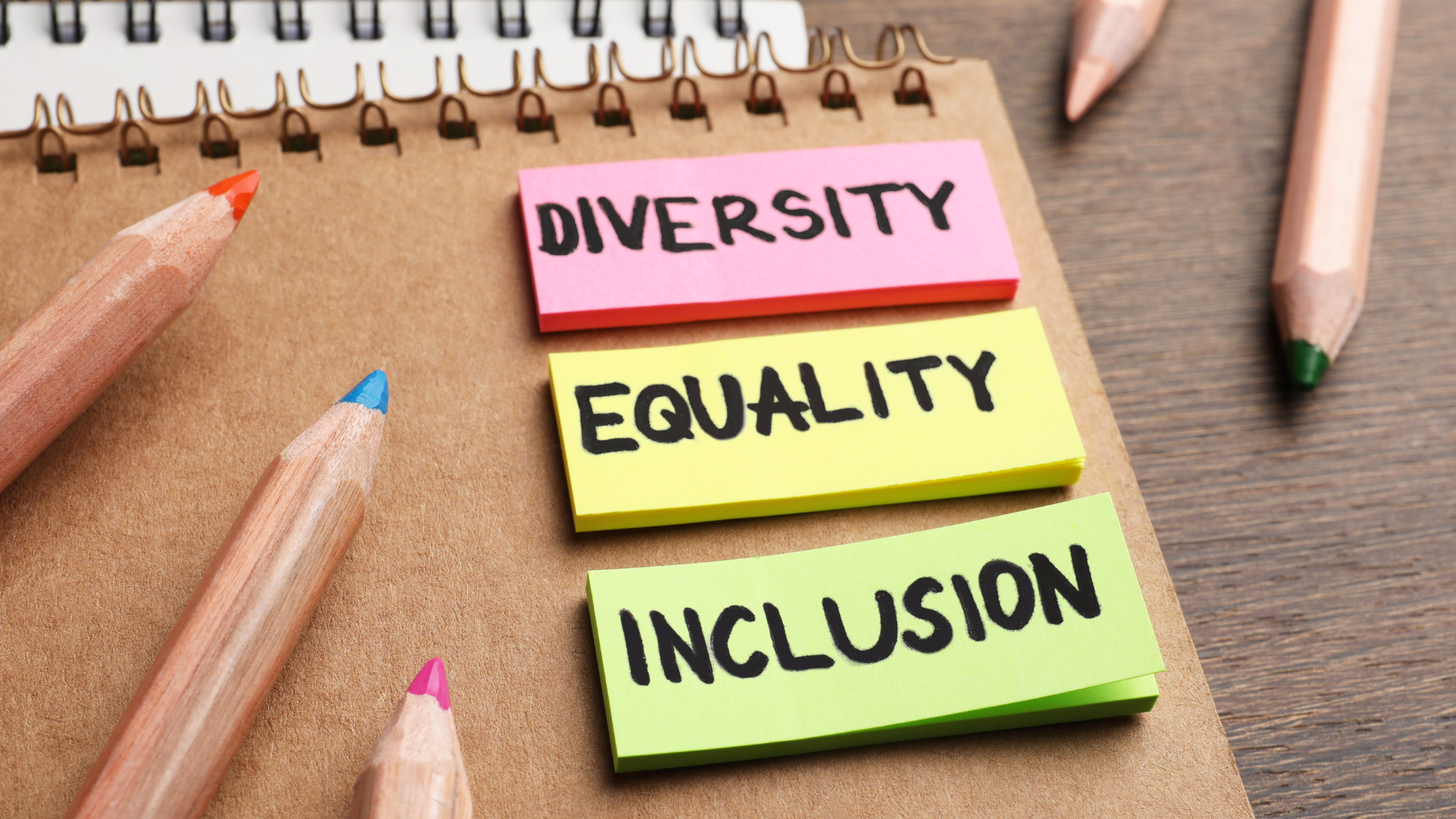Old dog, new tricks! Is age a barrier to career success?

This year, the semi-finals of the Australian Tennis Open have seen three veterans of the tennis world beat their younger rivals and be in contention for winning a grand slam, one of the world’s grandest sporting titles. Age it appears is not always the barrier to success that many of us believe it is and with the demographic bubble of the baby boomers now (or fast approaching), their 60’s age, is also becoming a greater issue in the recruitment sector. Age discrimination is not a new issue and in 2004 the Australian Federal Parliament enacted the Age Discrimination Act.
Complaints of discrimination should first be made to the Human Rights’ Commissioner. So when Roger Federer won in five sets over his younger rival Stan Wawricnka, he won despite his age. When Venus Williams beat her fellow American to play her little sister, who is also in her mid- thirties, she did so without any rules to help her win. She was successful because she outplayed her opponent. So how does this translate to the world of employment and work? Are older workers being overlooked because they are simply older, or are they not being successful because they don’t have the skills to do the job? It’s a hard question to answer. Unlike the tennis players, older workers are not given the chance to show their prowess against their younger counterparts.
Assumptions are made by hiring managers, both older and younger, about the demographic of the person who is best for the role for which they are recruiting. In most instances, this rules out older workers. On the other hand, many older workers assume they are unsuccessful because of their age and not because they don’t have the skills to meet the requirements of the job. If you are a mature age worker seeking new opportunities but seem to be having difficulty securing a new role, I would seek feedback from employers and recruiters, but don’t ask “Is it because I am too old?”
Instead, you should be asking about the skills that would have made a difference to be successful in securing the role. Sometimes you may not like the answer you receive, so be prepared and ask yourself truthfully whether you do have the skills. “I can learn it” is not what an employer wants. I could learn to serve at 200kmph but I am pretty sure I would struggle to be selected ahead of Roger Federer. Sometimes the reason you are not successful is not because of a skills’ gap or because of your age. Sometimes the reason is simply that you may not fit in culturally in an organisation. Human beings do tend to hire people they like and you do need to keep in mind that sometimes you miss out because of these human intangibles.
Age discrimination is deplorable. If you are an older worker who has been discriminated against then you should take action but before you contact the Commissioner, make sure you are completely confident you could match the skill set of your younger competitor and that you have thought about the human side of the recruitment decision.
Find the job you love I Find the right talent
Get in touch with people2people
Australia
I
United Kingdom
In business since 2002 in Australia, NZ, and the United Kingdom, people2people is an award-winning recruitment agency with people at our heart. With over 12 offices, we specialise in accounting and finance, business support, education, executive, government, HR, legal, marketing and digital, property, sales, supply chain, and technology sectors. As the proud recipients of the 2024 Outstanding Large Agency and Excellence in Candidate Care Awards, we are dedicated to helping businesses achieve success through a people-first approach.
Recent articles





Latest Media Features
List of Services
-
Dry promotions': Australian employees given new titles with no pay hikeDry promotions': Australian employees given new titles with no pay hike
Human Resources Director
Janurary 10, 2025 -
People2people Recruitment Reveals Top 25 Career Tips for 2025People2people Recruitment Reveals Top 25 Career Tips for 2025
Global Travel Media
Janurary 6, 2025 -
Navigating 2025: Top tips for evolving Australia jobsNavigating 2025: Top tips for evolving Australia jobs
IT Brief Australia
Janurary 1, 2025
List of Services
-
Dry promotions': Australian employees given new titles with no pay hikeDry promotions': Australian employees given new titles with no pay hike
-
People2people Recruitment Reveals Top 25 Career Tips for 2025People2people Recruitment Reveals Top 25 Career Tips for 2025
-
Navigating 2025: Top tips for evolving Australia jobsNavigating 2025: Top tips for evolving Australia jobs
Get in touch
Find out more by contacting one of our specialisat recruitment consultants across Australia, New Zealand, and the United Kingdom.
Copyright © 2025, people2people
people2people acknowledges the Traditional Custodians of country, pays respect to their Elders past and present, and extends that respect to all Aboriginal, Torres Strait Islander and Māori peoples today.
people2people partners with CarbonInvoice to measure and mitigate any carbon emissions associated with the work we do.
Specialisations
Locations
Resources

